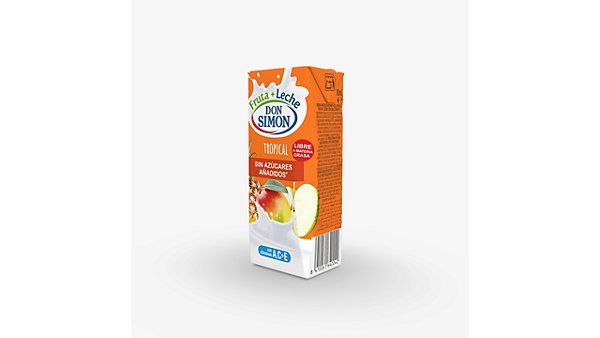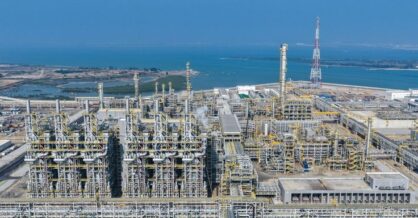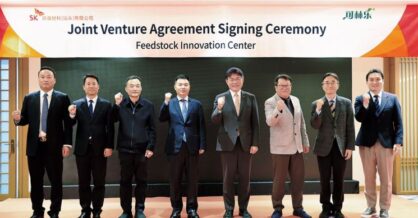Borealis to produce Polypropylene based on Neste-produced renewable feedstock at its units in Belgium
Borealis has recently annonunecd that it has started to produce polypropylene (PP) based on Neste-produced renewable feedstock in its production facilities in Kallo and Beringen, Belgium.
This marks the first time that the company has replaced fossil fuel-based feedstock in its large-scale commercial production of PP. The company’s Belgian plants were recently awarded by the International Sustainability and Carbon Certification (ISCC) organization with ISCC Plus certification for its renewable PP.
Borealis once again furthers its EverMinds™ ambitions by taking its commitment to the next level for advancing the circular economy.
The company drives this path-breaking endeavor in sustainable production by building close collaboration with upstream and downstream value chain partners including Neste and Henkel, aligning with the Borealis’ aim to ensure that 100% of its consumer products are recyclable, reusable, or produced from renewable sources by 2025.
Borealis and its upstream partner Neste are moving the industry closer to a circular economy of plastics with the production of renewable PP as early as December 2019.
Neste produces renewable propane using its proprietary NEXBTL™ technology and thereafter sells it to the Borealis propane dehydrogenation plant in Kallo. At the Kallo plant, Borealis converts it into renewable propylene, then subsequently to renewable PP at both Kallo and Beringen plants.
A recent audit by an independent third-party resulted in an ISCC Plus certification for the renewable PP produced at both Kallo and Beringen plants.
In response to the increasing demand, Borealis is working with value chain partners to expand availability. Downstream partners from various industries including consumer packaging, automotive, healthcare, and appliance industries can now commercialize their end-use products with a lower carbon footprint based on renewable propylene and PP produced at Borealis’ Belgian plants.
Henkel, a global market leader in the adhesives sector and known for its strong brands in Laundry & Home Care and Beauty Care, has already embraced the values of the circular economy. Having made the use of sustainable materials a key pillar in its packaging strategy, Henkel is committed to work with its value chain partners to drive sustainable packaging solutions. Including renewable PP content in the packaging of a major Henkel brand over the course of the year marks another step in its efforts to significantly reduce its use of fossil fuel-based virgin plastics.
Noting that the production of renewable PP based on renewable feedstock for the first time in history is another concrete step towards a more sustainable carbon future, Lucrèce Foufopoulos, Borealis Executive Vice President Polyolefins, Innovation, and Circular Economy Solutions, said, “Working closely with partners like Neste and Henkel, who share our EverMinds™ mind-set, is key to shaping a better tomorrow.”
“It is great to see, for the first time in history, a propane dehydrogenation facility using renewable propane to replace fossil feedstock, enabling Borealis to produce mass balance certified renewable polypropylene for sustainability-focused brands like Henkel. This is an exceptional example of collaboration across the value chain making a positive sustainability impact in the polymers sector,”
Mercedes Alonso, Executive Vice President, Renewable Polymers and Chemicals, Neste.




